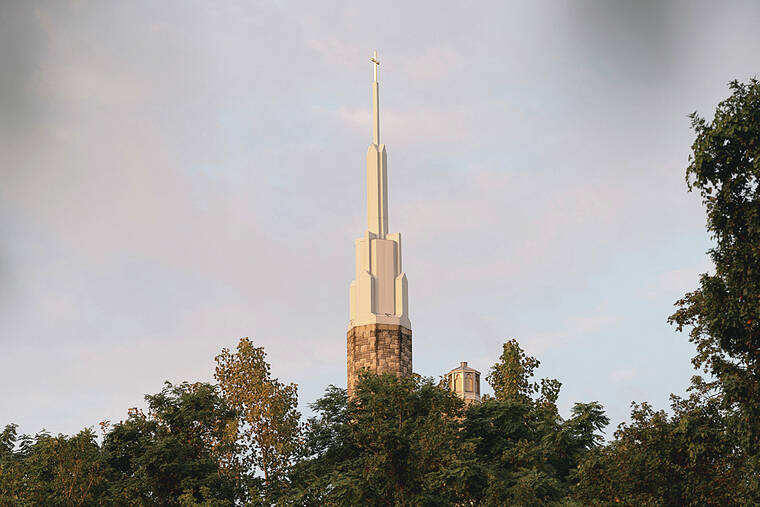US judge will not curb immigration enforcement in places of worship
A federal judge on Friday refused to limit the Trump administration’s immigration enforcement activities in places of worship, ruling against a group of 27 religious organizations that had sued the administration for dropping a longstanding policy against enforcement in sensitive locations.
U.S. District Judge Dabney Friedrich in Washington, who was appointed by President Donald Trump during his first term in office, found that the organizations likely did not have legal standing to bring the case because the claims that they faced harm were speculative.
ADVERTISING
Christian and Jewish umbrella groups including the Mennonite Church USA, Central Conference of American Rabbis and Convencion Bautista Hispana de Texas, along with individual churches, sued the Department of Homeland Security and other immigration enforcement agencies in February. They argued that the administration’s policy change violated their right to religious freedom under federal law and the U.S. Constitution’s First Amendment.
“We are currently reviewing the decision and are assessing our options,” said Kelsi Corkran, a lawyer for the plaintiffs. “We remain gravely concerned about the impacts of this policy and are committed to protecting foundational rights enshrined in the First Amendment and the Religious Freedom Restoration Act.”
The White House and Department of Homeland Security also did not respond to requests for comment.
Trump, a Republican, has pledged to deport millions of people who are in the United States illegally, and DHS said the policy change would mean that people would no longer be able to stay in churches to avoid arrest.
Since 1993, U.S. immigration officials have had a policy of avoiding enforcement activities in sensitive places, including places of worship and schools, and in 2021, Democratic President Joe Biden’s administration expanded the policy to include playgrounds, social services centers and other locations. The policy has always had an exception for “exigent circumstances.”
On January 20, the day Trump took office, DHS rescinded all prior guidance on sensitive places and said there would no longer be “bright line rules” about immigration enforcement.
Since then, according to the lawsuit, at least three immigration enforcement actions have taken place at churches, including one church that is a plaintiff in the case, and other places of worship have been subject to surveillance.





